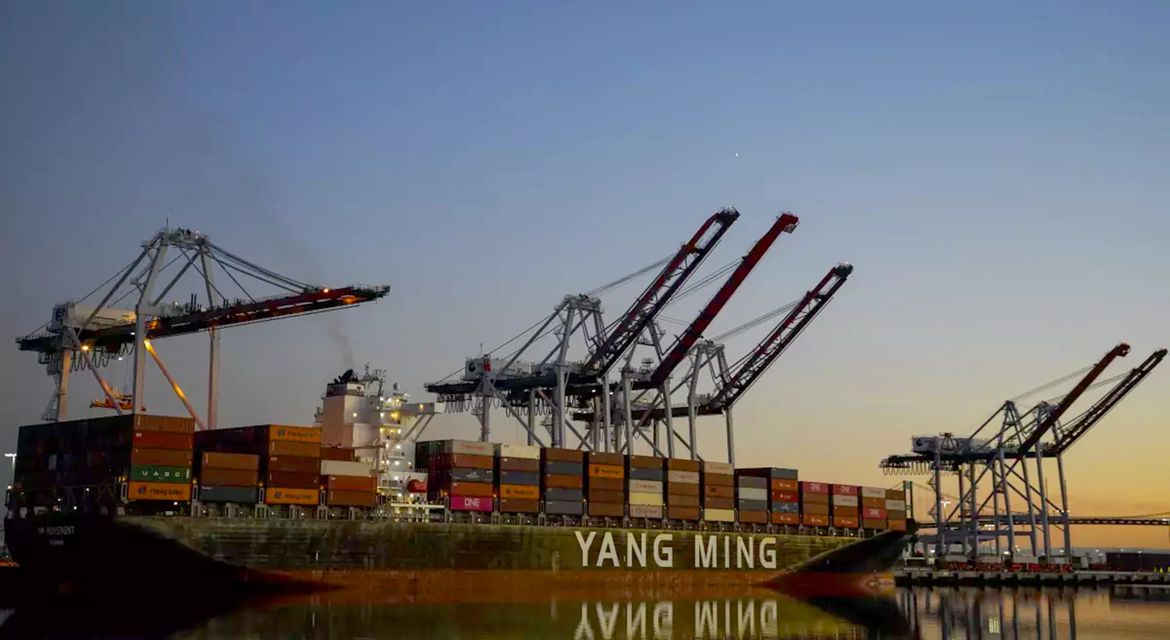by Jana Randow, Katia Dmitrieva and Enda Curran
The Spokesman
 The more President Donald Trump threatens tariffs on the U.S.’s trading partners, the more the worry of another inflation wave troubles global economists.
The more President Donald Trump threatens tariffs on the U.S.’s trading partners, the more the worry of another inflation wave troubles global economists.
Stubborn consumer-price growth was bothering much of the world even before he entered the White House. With this week’s measures against China offering the first concrete evidence that Trump isn’t just jawboning, prospects for at least some escalation and counter-measures elsewhere are forcing analysts to question how far global disinflation can hold.
“Tariff wars are inflationary, that’s not up for debate,” said Carsten Brzeski, ING’s global head of macro research. “In many places, they add to lingering effects from the past inflation shock, as well as big structural challenges” like aging societies and climate change, he said. “There are currently only very few reasons to expect inflation to remain permanently low.”
While China shows little sign of vulnerability to a price shock for now, the same can’t be said for the rest of the world if some spiral of tariffs unfolds. Multiple economies face latent inflation pressures, either domestic or external.
